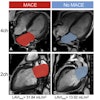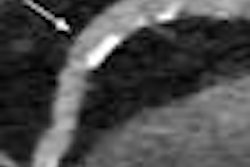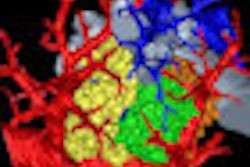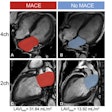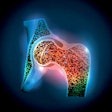Tuesday, November 27 | 12:15 p.m.-12:45 p.m. | LL-CAS-TU6A | Lakeside Learning Center
This scientific poster will illustrate how an automated tool can rapidly exclude obstructive coronary artery disease in emergency department (ED) patients with acute chest pain who undergo coronary CT angiography (CCTA).CCTA has a high diagnostic accuracy for detecting obstructive coronary artery disease and a high negative predictive value, in particular; however, expert reading of coronary CT angiography may not be available at all hours, said Dr. Sharbell Hashoul of Lady Davis Carmel Medical Center in Haifa, Israel.
Therefore, the research team sought to evaluate the diagnostic accuracy of an automated tool (COR Analyzer, Rcadia Medical Imaging) to exclude obstructive coronary disease in ED patients with acute chest pain. While COR Analyzer had moderate specificity and low positive predictive value, the sensitivity and negative predictive value were very high, Hashoul said.
"Our findings therefore imply that a negative COR Analyzer result may assist the ED physician in discharging patients with acute chest pain, thus saving ED time and resources," he said. "On the other hand, a positive COR Analyzer result requires further patient observation and expert reading. These preliminary results will need to be verified in a larger multicenter study in order to establish the safety of such an approach."



